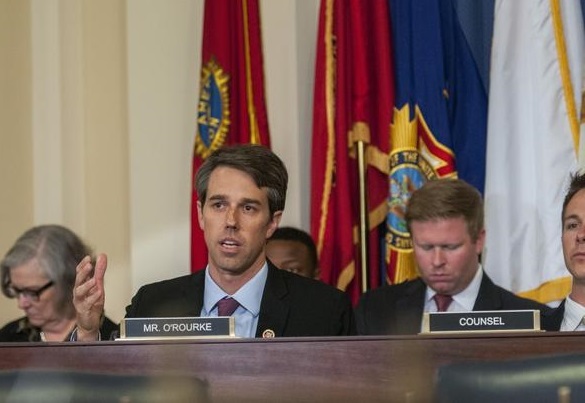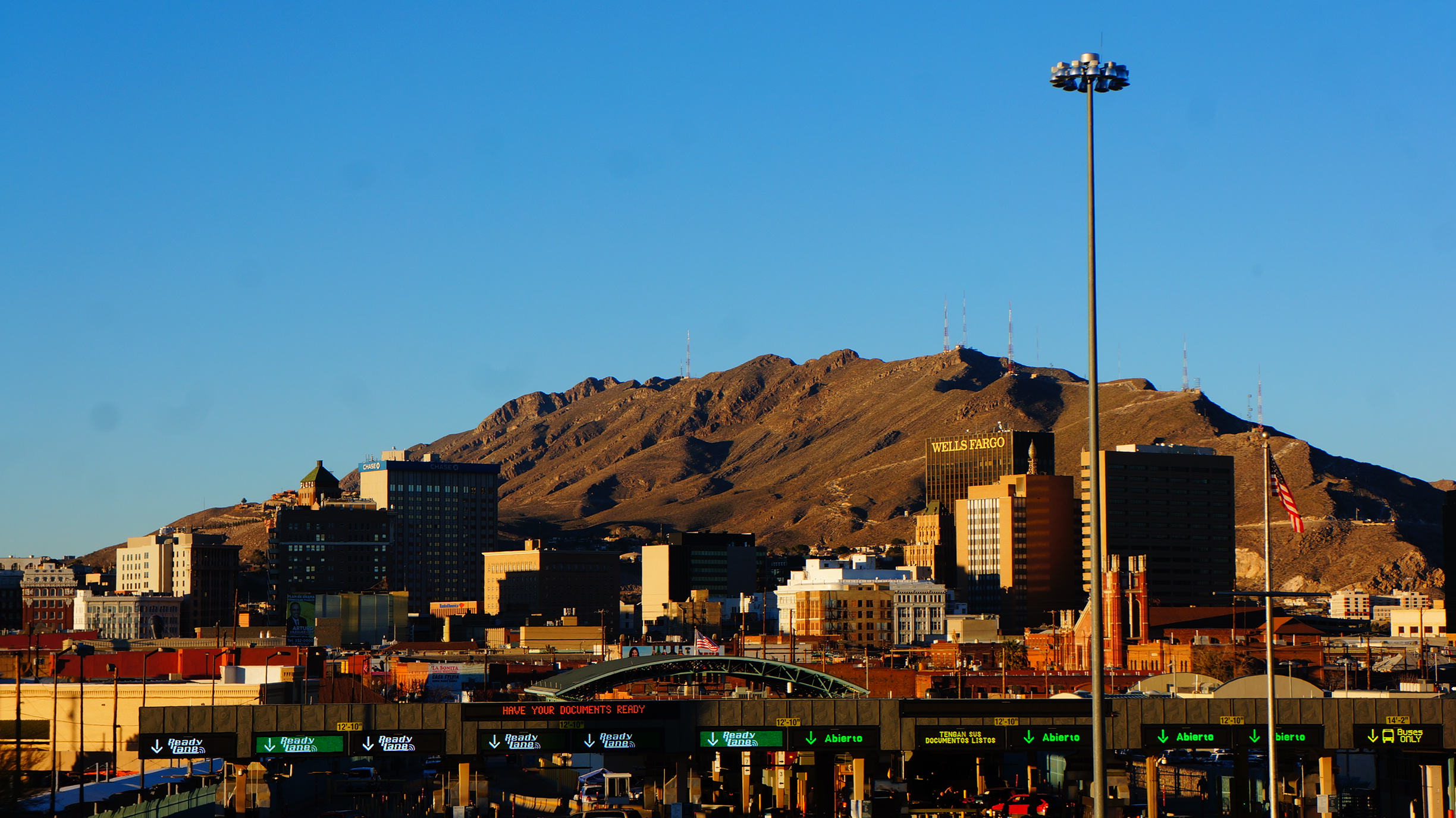
As part of a reporting trip to El Paso and Ciudad Juárez earlier last month, I spoke with El Paso’s congressman, Beto O’Rourke, by telephone, on January 27. The transcript follows below, and it encompasses essentially the entire interview with the congressman, a member of the Democratic Party and a former member of the El Paso city council. Congressman O’Rourke has represented Texas’s 16th district since January 2013.![]()

![]()
You will be able to read my piece on El Paso and Juárez — and how their interconnectivity belies the rhetoric of Donald Trump — shortly. But the more wide-ranging and thoughtful interview with Congressman O’Rourke is also worth a read, given that we touched on many topics, including Trump, the history of the El Paso-Juárez region, the US ‘war on drugs,’ income inequality in an international context and the Democratic primary battle between former US secretary of state Hillary Clinton and Vermont senator Bernie Sanders.
Kevin Lees: Thanks for talking to me today.
Congressman Beto O’Rourke: My pleasure.
KL: How much time do we have?
BOR: I have right now about 30 minutes.
KL: So when are you headed back to Washington?
BOR: Monday, and you probably know this, but we were supposed to be there this week.
KL: You missed a snowstorm!
BOR: I know! [small talk continues]
BOR: I’m interested in people’s impression of El Paso. We have a very large military installation here. And there are somewhere around 30,000 to 32,000 active duty service members, most of whom are not from El Paso. And you hear what they thought when they found out they were going to be posted to El Paso, which is almost always negative, and then [you hear] what their actual experience was when they got here, is almost always positive. In part because they really assumed and feared the worst, and so starting from such a low point it can only get better once they got here. But it is really beautiful. We’re in the Rocky Mountains, which people don’t expect when they are in Texas. Where the US and Mexico, and then Texas and New Mexico and Chihuahua all meet. There‘s no other place that I’ve ever been that is as extraordinary. I haven’t been everywhere in the world, but I’ve been to a lot of places, it’s really beautiful.

KL: And the culture is really a very bespoke culture, a sort of hybrid between American and Mexican culture. Its own borderlands kind of thing, where everyone sort of has a foot in two different countries. It’s very special to me. I thought it was a lot of fun.
BOR: I don’t know if you Snapchat at all, but we’re trying to connect with people to broadcast their views, information exclusively from Snapchat. Which apparently is big for a lot of people 14- to 24-year olds. And I’m trying to use it to show people what it is when they think about this region. So I used it for a run today along the Rio Grande and the Upper Valley of El Paso, and I kind of took a shot and posted it of ‘Over here is El Paso, this is Del Ray where Mexico, New Mexico, and Mexico all connect; this is a neighborhood in Juárez; all in one shot.’
It really kind of blows people’s minds when they see that or realize that we really are either at the end of the world, or the beginning of the world in terms of what your world is. Either the back door to the United States or the front door to the United States. Front door or back door to Latin America.
KL: One of the things that you realize when you are in El Paso and Juárez is the two cities function as sort of each other’s yin and yang in some ways. In what ways do you consider El Paso and Juárez the same city? Continue reading An interview with El Paso-area Congressman Beto O’Rourke